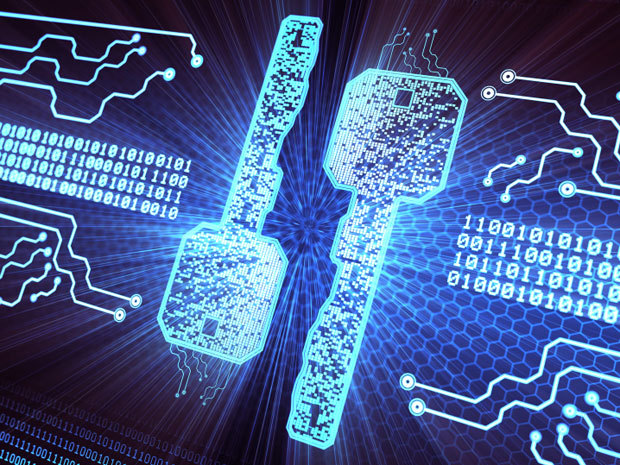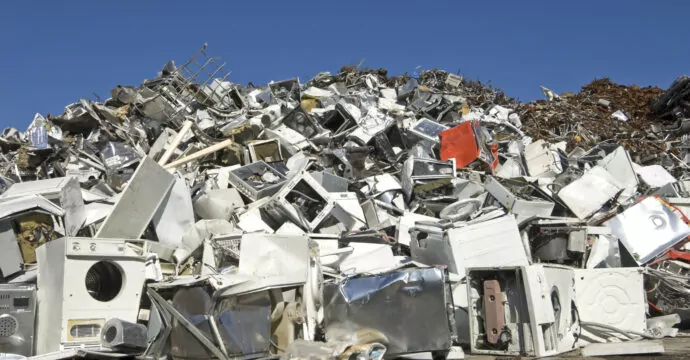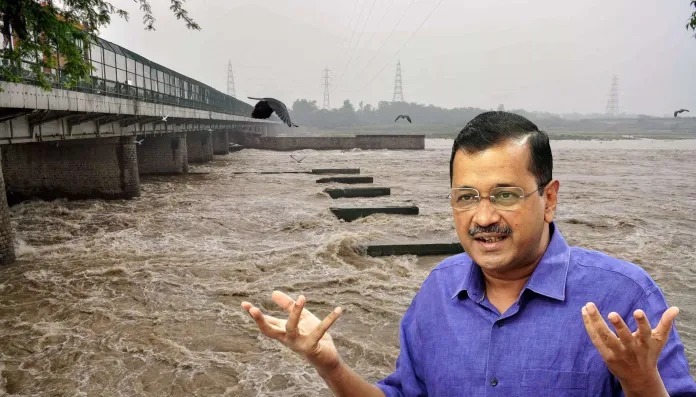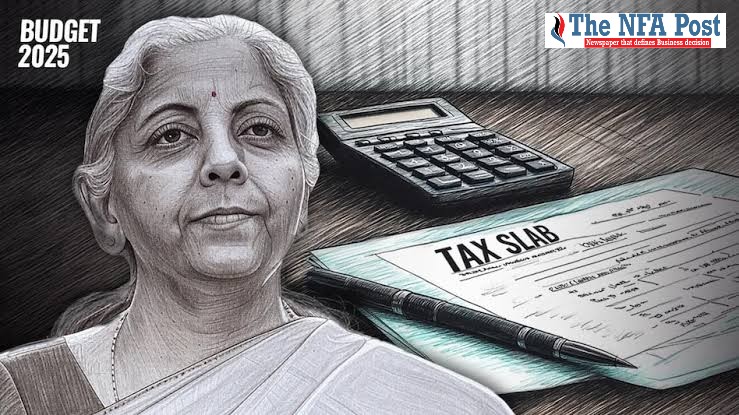As space becomes the fourth frontier of warfare, protecting our space-based assets—and the critical information they generate—is no longer optional. These assets don’t just bolster defense operations; they form the digital backbone of our daily lives.
Complex interplay of security, geo-politics, economics and critical infrastructure vulnerabilities are deeply concerning due to the potentially catastrophic societal impact of disruptions to finance, healthcare, transport, and power. When national security is at stake, safeguarding these systems is a strategic imperative.
The Invisible Battlefield: Cyber Threats in Space
While physically disabling a satellite (a kinetic kill) is technically difficult and diplomatically sensitive, cyberattacks offer adversaries a stealthier, low-cost alternative. Tactics like Denial of Service (DoS), spoofing, and data theft can cripple space-based services without firing a single missile.
The looming arrival of quantum computing further amplifies this threat. Quantum computers will be capable of cracking today’s encryption standards, rendering current defenses obsolete. This makes the adoption of Post-Quantum Cryptography (PQC) a pressing need—not a future consideration.
The Alarming Scale of Cybercrime
To understand the urgency, consider this: a report by ISB Hyderabad revealed that global cybercrime costs are projected to skyrocket from $0.86 trillion in 2018 to $15.63 trillion by 2029—an 18-fold surge.
In India alone, 2024 saw over 369 million security incidents, with an average of 702 threats every minute across 8.44 million endpoints. Now, imagine this landscape once quantum computing becomes operational.
Quantum Cryptography vs. Post-Quantum Cryptography: Clearing the Confusion
A major barrier to decisive action is the misunderstanding of quantum-era cryptographic terms. Often, Quantum Cryptography and Post-Quantum Cryptography (PQC) are confused or used interchangeably—but they are fundamentally different. Quantum Cryptography (like Quantum Key Distribution) uses the principles of quantum mechanics to create new methods of secure communication.
However, it often requires entirely new infrastructure. Post-Quantum Cryptography, on the other hand, uses advanced mathematics to reinforce existing cryptographic systems; far more practical and scalable for today’s digital infrastructure.
Misconceptions about Post Quantum Cryptography among security experts could endanger the successful and appropriate build-up of defenses against attacks through quantum computers.
Why Classical Encryption Won’t Hold
Traditional encryption like RSA relies on the difficulty of factoring large numbers—a task classical computers struggle with as the complexity grows.
But Shor’s Algorithm, a quantum algorithm, can factor these numbers in polynomial time, making RSA-based encryption vulnerable once scalable quantum machines are available.
Even more concerning is the “harvest now, decrypt later” strategy—adversaries are stockpiling encrypted data today, waiting for the quantum power to decrypt it tomorrow.
PQC: The Quantum-Resilient Shield
PQC algorithms, especially lattice-based cryptography, are built to withstand both classical and quantum attacks. These methods use complex lattice math to create encryption schemes that are computationally infeasible to break—even for quantum machines.
For space applications, this means securing: Uplinks and downlinks, Ground stations, Onboard communications, Command and control signals. Implementing PQC in these systems will future-proof space infrastructure from the next generation of cyber threats.
Securing the Final Frontier
In a world rapidly heading toward quantum capabilities, space security must evolve. The threats are not hypothetical—they’re accelerating. With space assets playing a pivotal role in both civilian life and national defense, failing to act now could cost us later. The transition to Post-Quantum Cryptography is more than a technical upgrade—it’s a national security mandate.

Air Marshal GS Bedi (Retd)

















Leave a Reply